Top 10 Reasons to Eat Fermented Foods
Fermented foods began to disappear from our plate very recently. There are many advantages to going back to the traditional ways of our ancestors, and eating more fermented foods.
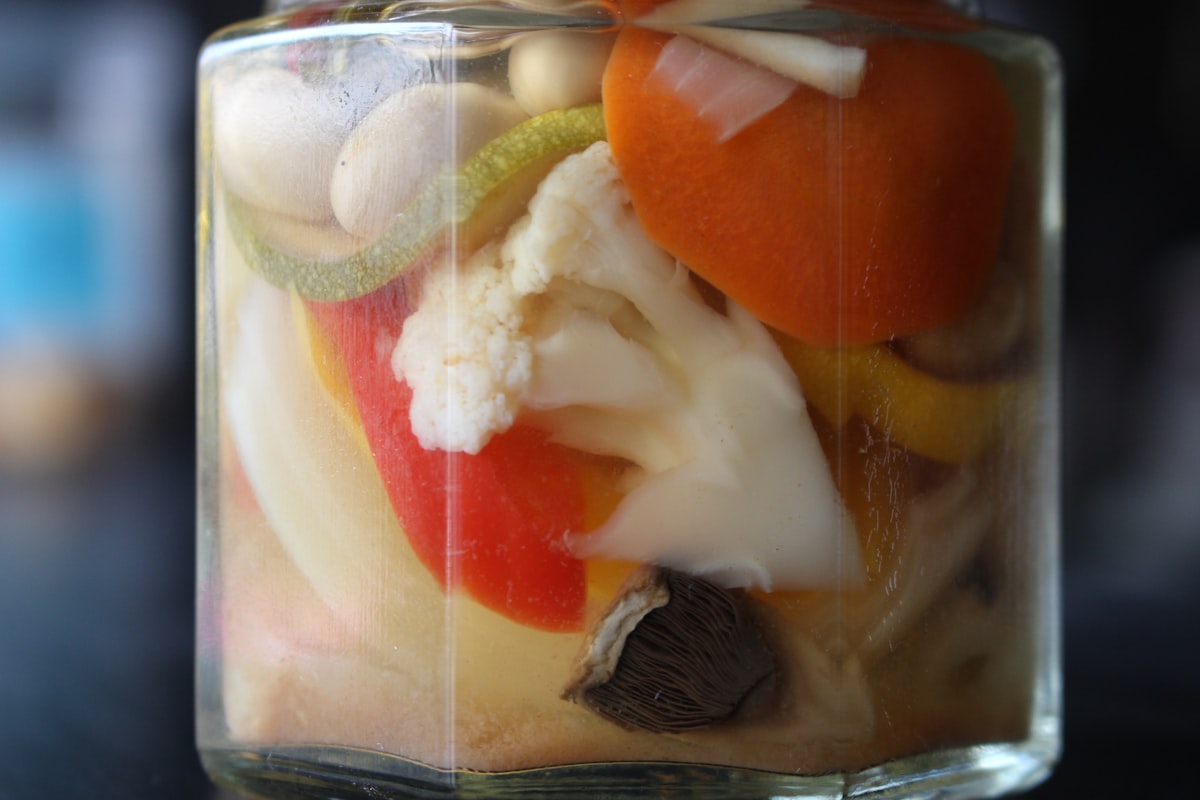
Fermented foods began to disappear from our plate very recently. Nowadays, pickles and sauerkraut are made with vinegar instead of the traditional method of lacto-fermentation using salt.
Bread and pasta are made with commercial yeast instead of being naturally leavened with wild yeast (sourdough). Wine, beer and cheeses are being pasteurized — killing off all the good bacteria we so desperately need to maintain health.
There are many advantages to going back to the traditional ways of our ancestors, and eating more fermented foods.
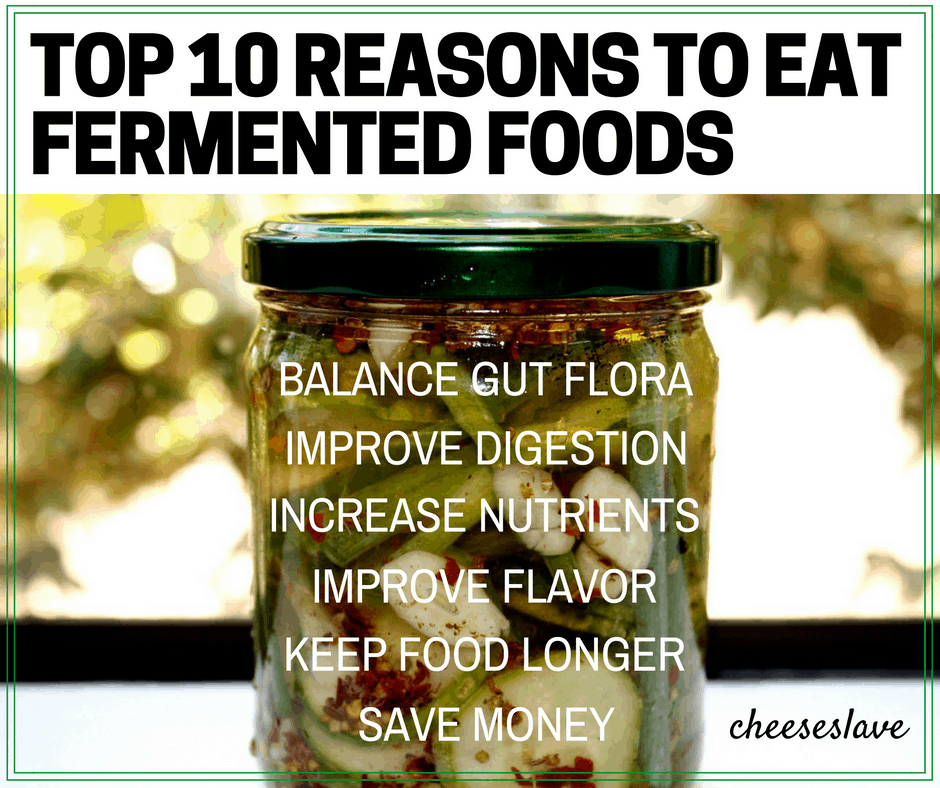
“In the normal scheme of things, we’d never have to think twice about replenishing the bacteria that allow us to digest food. But since we’re living with antibiotic drugs and chlorinated water and antibacterial soap and all these factors in our contemporary lives that I’d group together as a ‘war on bacteria,’ if we fail to replenish [good bacteria], we won’t effectively get nutrients out of the food we’re eating.” – Sandor Katz
The History of Fermented Foods
Humans all over the world have been fermenting food since ancient times. The earliest evidence of winemaking dates back to eight thousand years ago in the Caucasus area of Georgia.
Seven-thousand-year-old jars which once contained wine were excavated in the Zagros Mountains in Iran.
There is evidence that people were making fermenting beverages in Babylon around 5000 BC, ancient Egypt circa 3150 BC, pre-Hispanic Mexico circa 2000 BC, and Sudan circa 1500 BC.
There is also evidence of leavened bread in ancient Egypt dating back to 1500 BC and of milk fermentation in Babylon circa 3000 BC.
It is only recently – in the past century – that we have stopped eating a lot of fermented foods. This is due to refrigeration and modern food preparation.
Top 10 Reasons to Eat Fermented Foods
1. Fermented foods aid and improve digestion
Fermenting our foods before we eat them is like partially digesting them before we consume them.
According to Joanne Slavin, a professor in the Department of Food Science and Nutrition at the University of Minnesota:
“…sometimes people who cannot tolerate milk can eat yogurt. That’s because the lactose (which is usually the part people can’t tolerate) in milk is broken down as the milk is fermented and turns into yogurt.”
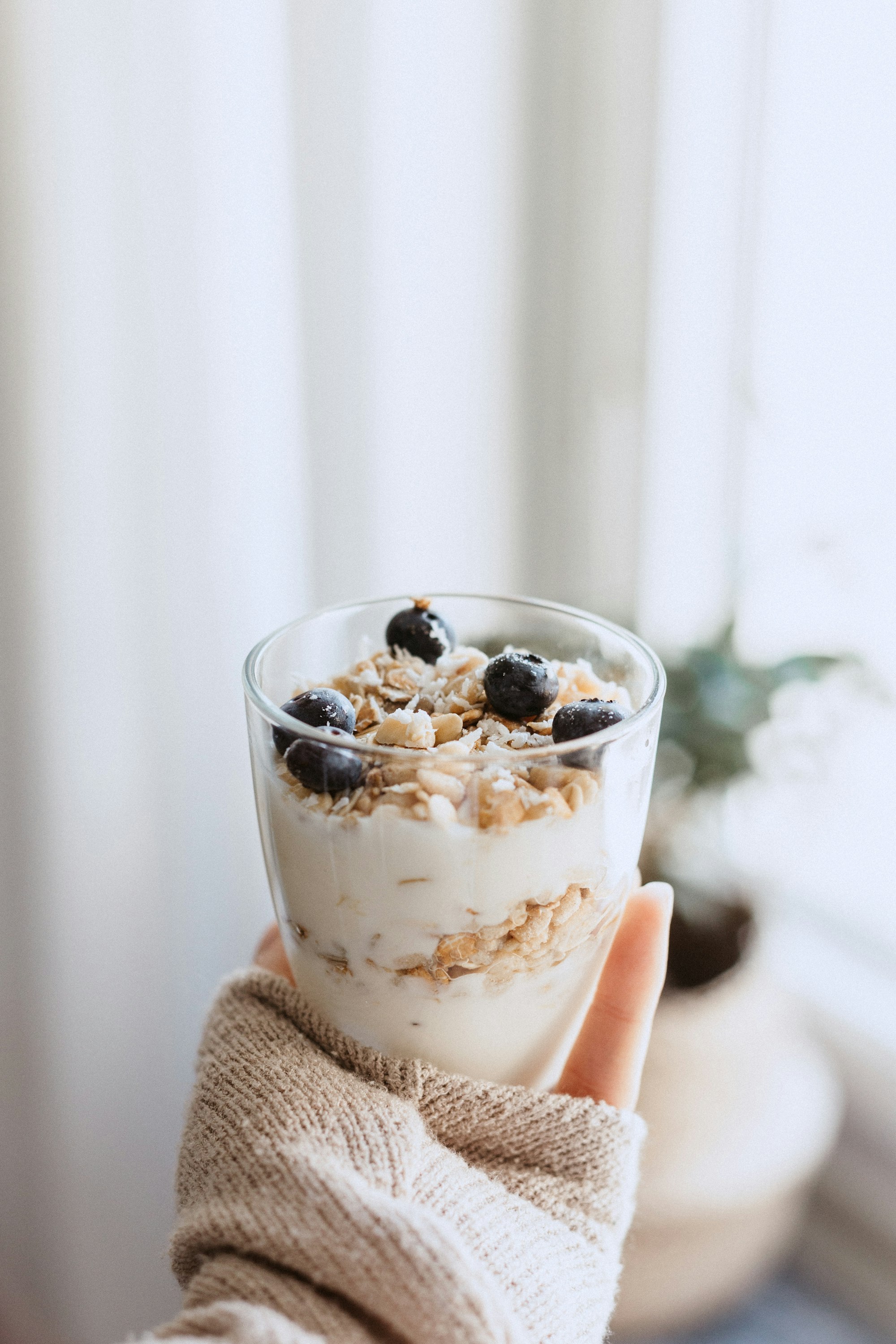
2. Fermented foods restore the proper balance of bacteria in the gut
Do you suffer from lactose intolerance? Gluten intolerance? Constipation? Irritable bowel syndrome? Yeast infections? Allergies? Asthma?
All of these conditions have been linked to a lack of good bacteria in the gut.

3. Raw, fermented foods are rich in enzymes
As we age, our body’s supply of enzymes decreases. We need enzymes to adequately digest, absorb, and utilize the nutrients in our food. Eating fermented foods is a simple way to increase enzymes.
4. Fermenting food increases vitamin content
Fermented dairy products show an increased level of folic acid which is critical to producing healthy babies as well as pyroxidine, B vitamins, riboflavin and biotin depending on the strains of bacteria present. (Source: 1. Vitamin Profiles of Kefirs Made from Milk of Different Species. International Journal of Food Science & Technology. 1991. Kneifel et al”)

5. Eating fermented foods help us absorb the nutrients
You can ingest huge amounts of nutrients, but unless you actually absorb them, they’re useless to you. When you improve digestion, you improve absorption.
Fermented foods also increase stomach acid (hydrochloric acid in your stomach) which creates chl0rine di0xide (what I call "pool water" – it's very censored so I have to keep it on the down low).
When chl0rine di0xide is created in the body, it kills parasites and helps to detox pathogens in the body.
Read my post about How to Make Pool Water.
6. Fermented foods keep longer
Milk will go bad in the fridge but kefir and yogurt last a lot longer. Sauerkraut, pickles and salsa will keep for months.
And if you’ve got a huge batch of produce in your garden that you don’t know how to use up — ferment it!

7. Fermented foods are inexpensive
There’s nothing fancy required for this hobby. And many of the foods required to make these recipes are very cheap.
You can use inexpensive cabbage to make sauerkraut, or get yourself some water kefir grains and with just pennies’ worth of water and sugar, you’ve got a health elixir slash soda pop.
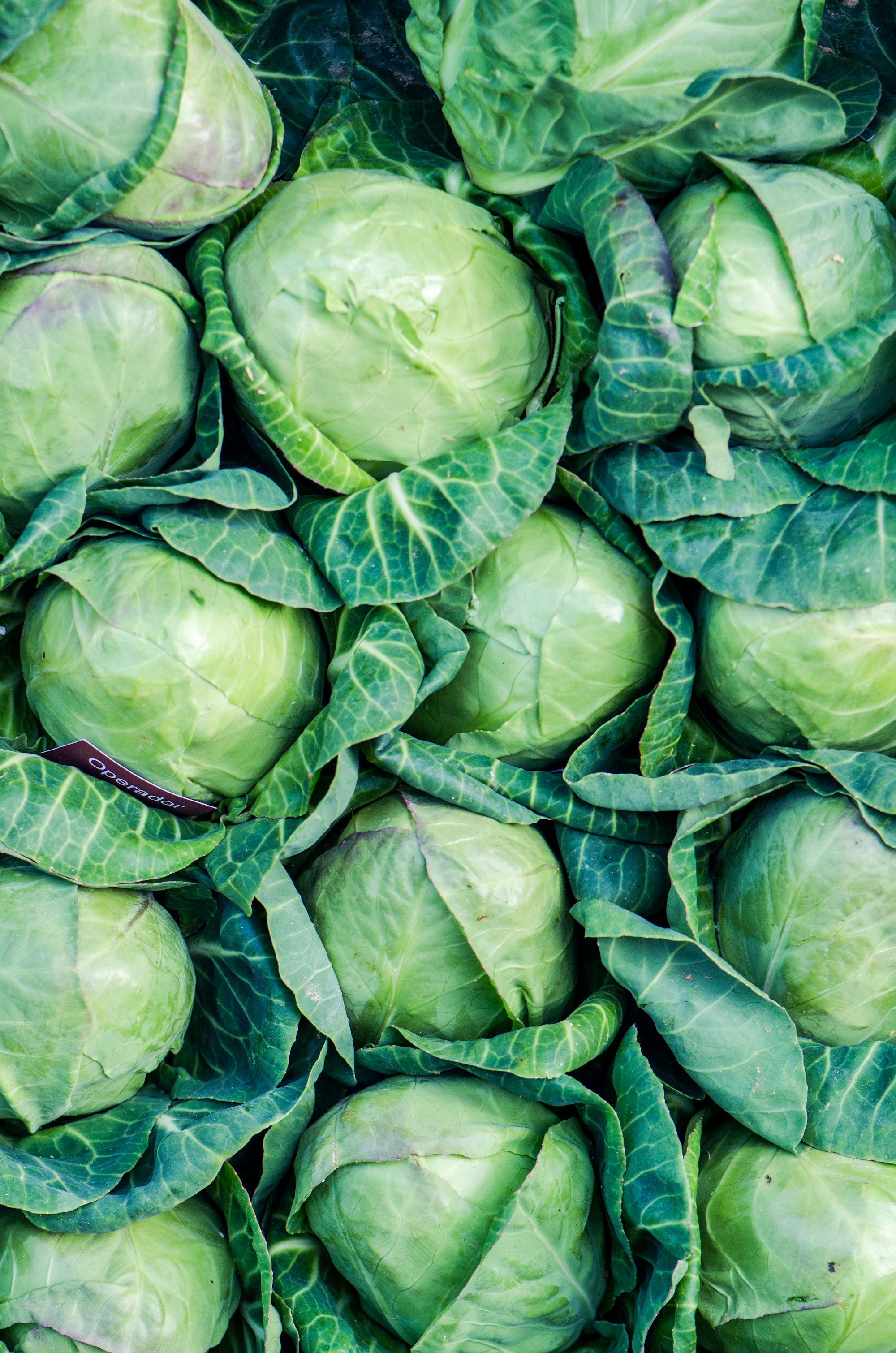
8. Fermented foods have more flavor
There’s a reason humans enjoy drinking wine and eating stinky cheese. There’s a reason we like sauerkraut on our hot dogs and salsa on our tortilla chips. It tastes good!

9. Fermented foods build immunity
I cured my rheumatoid arthritis and seasonal allergies, (both auto-immune disorders) by taking therapeutic-grade probiotics for two years.
10. Fermented foods preserve your harvest
I love my vegetable garden. But I can’t use all the vegetables I harvest. Fermenting my peppers, cucumbers, and cabbage allows me to preserve my harvest. And it costs almost nothing.
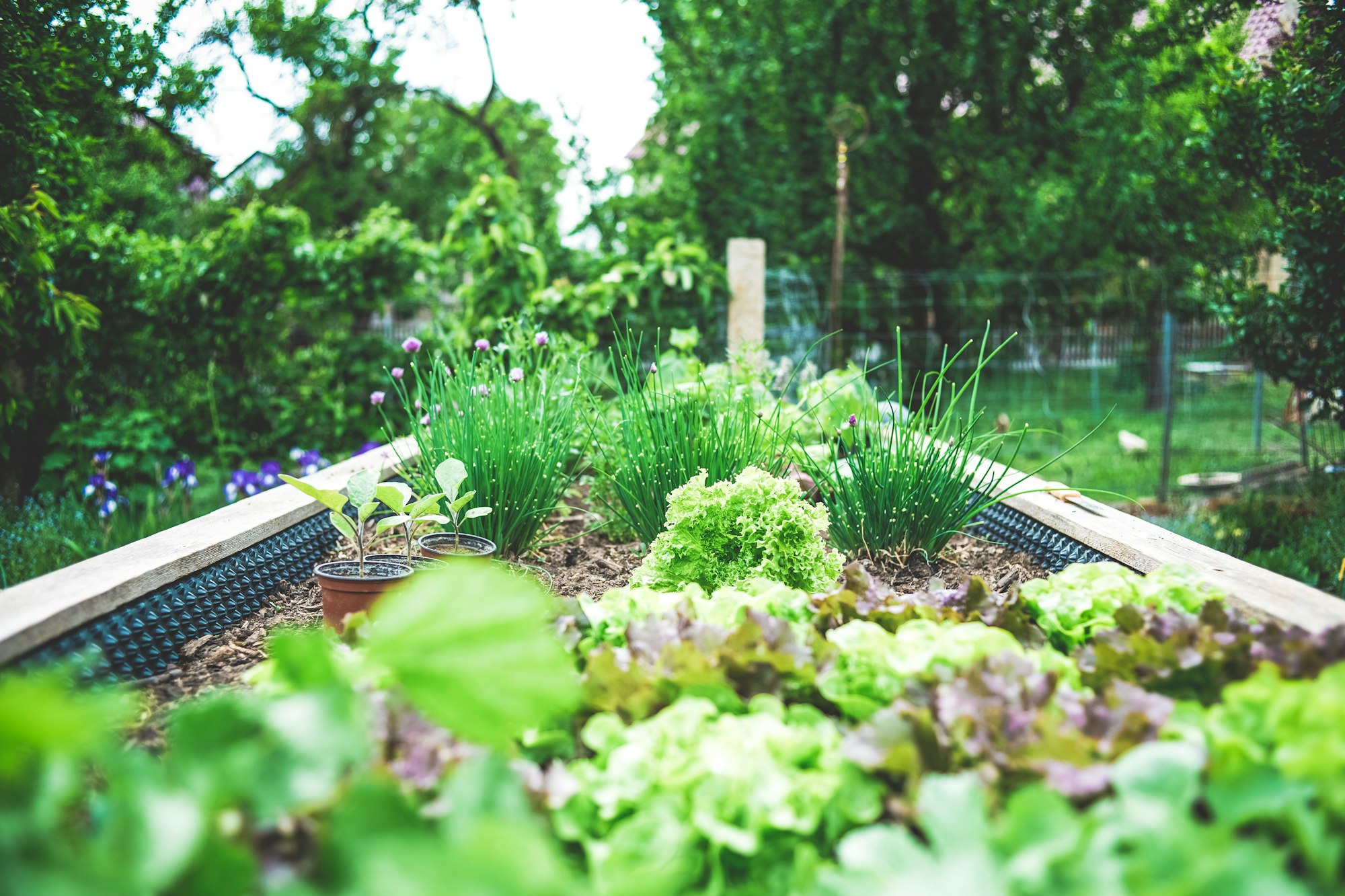
How to Incorporate More Fermented Foods Into Your Diet
Here are some ideas to incorporate more fermented foods into your diet.
Eat sourdough bread instead of modern yeast bread
Look for sourdough bread instead of bread made with commercial yeast.
Trader Joe’s has a few real sourdough breads, and I love the real naturally fermented bread at the chain bakery, Le Pain Quotidien.
Or you can make your own. Here’s my recipe for how to make sourdough bread.

You might also enjoy this article I wrote about the benefits of eating naturally fermented sourdough bread: Top 10 Reasons To Eat Real Sourdough Bread — Even If You’re Gluten Intolerant
Drink Fermented Beverages
Kefir is available at many health food stores. It’s also very easy to make at home. Here’s my recipe for how to make kefir.
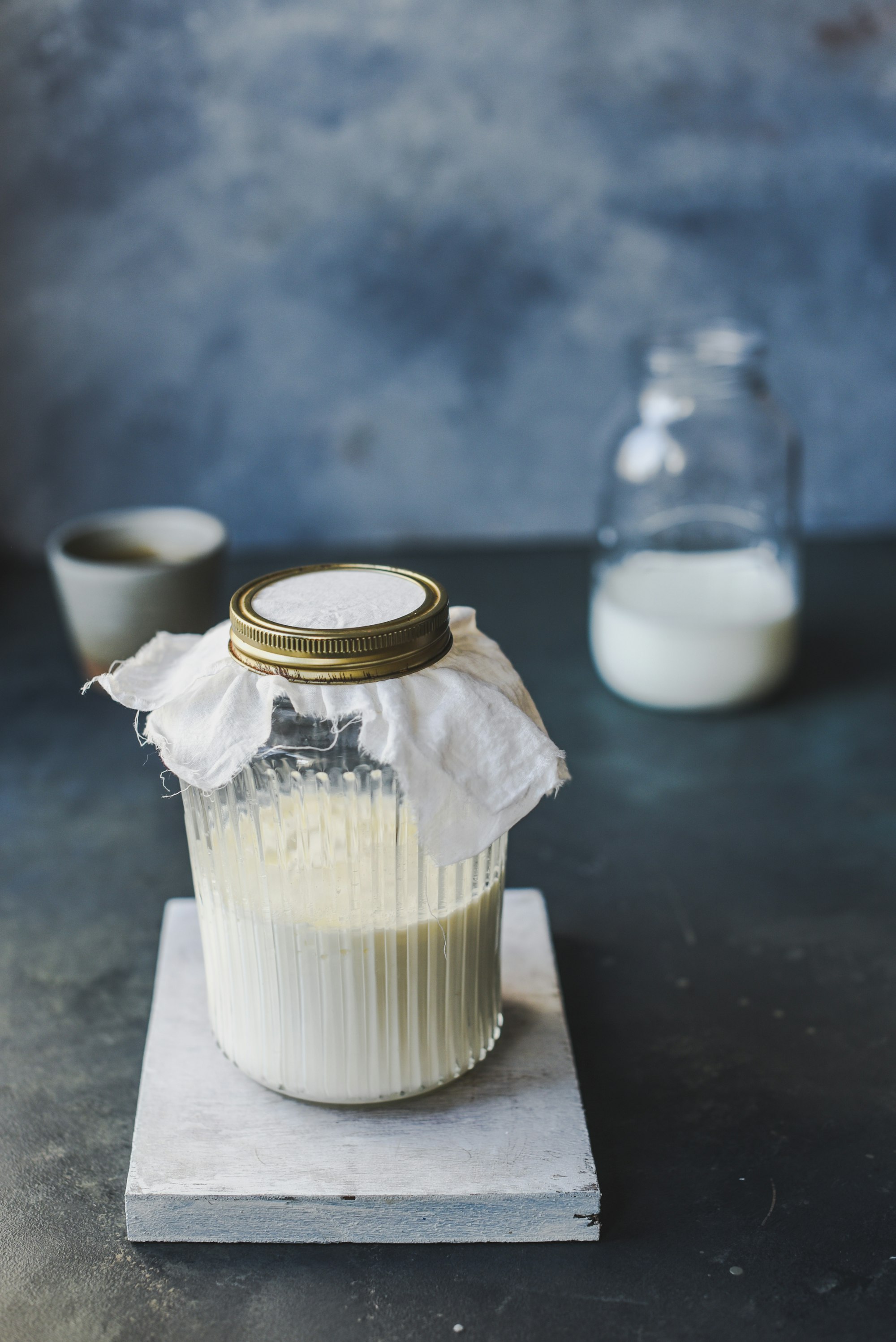
Wine is also a fermented beverage. So is beer. You're welcome.
I no longer drink kombucha because it is loaded with fluoride. Yes, fluoride. Here's my blog post about that: Why I Stopped Drinking Kombucha.
Serve Fermented Condiments
Serve food with pickles, sauerkraut, salsa, ketchup, sour cream, kim chi, mayonnaise and other naturally fermented condiments.
You can buy naturally fermented condiments at health food stores — or make your own.
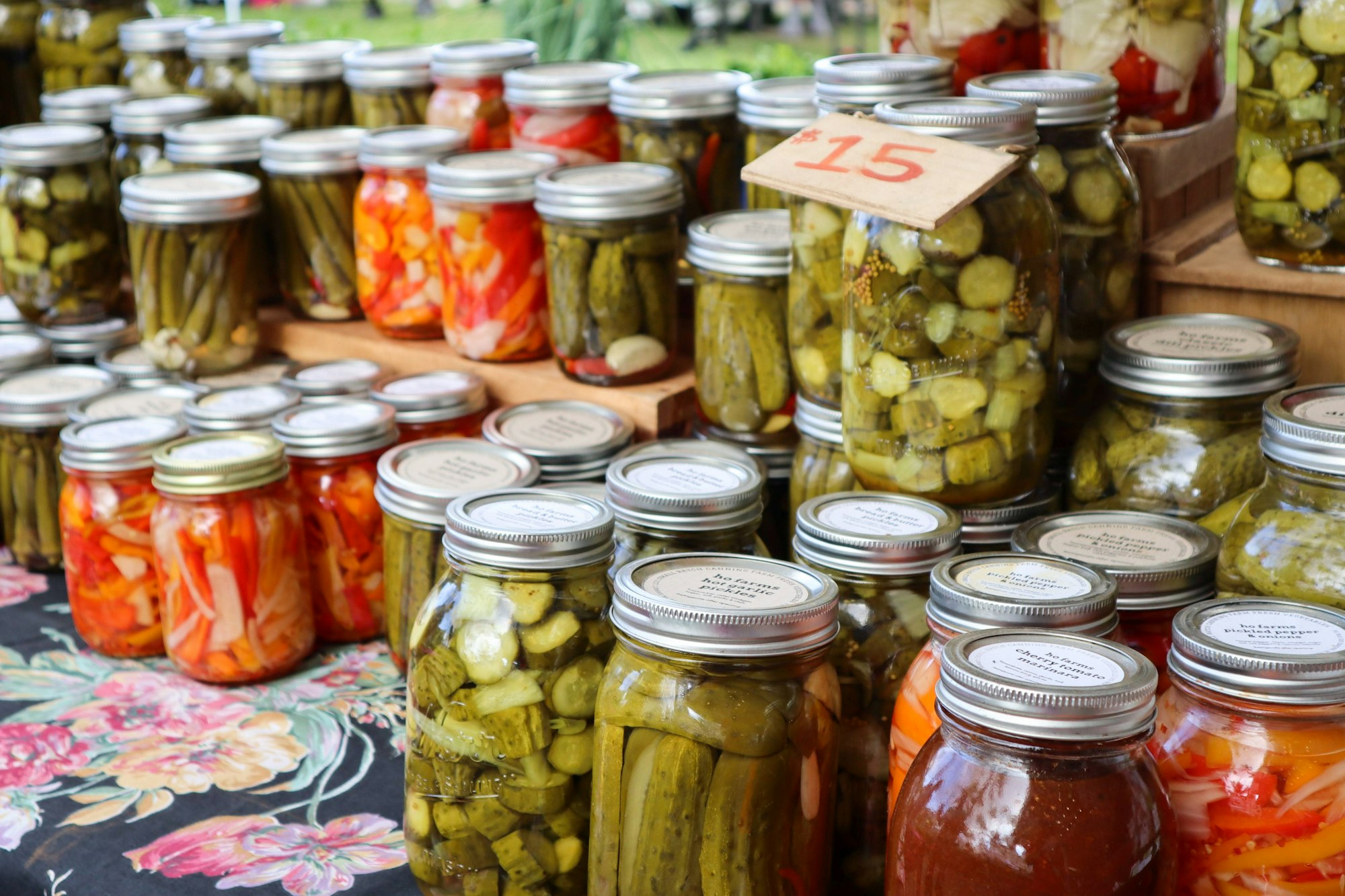
Get Creative and Experiment!
Try making kefir ice cream, sourdough crackers, fermented coconut milk, or mead (honey wine). Eat some Japanese natto (it’s good!) with rice.
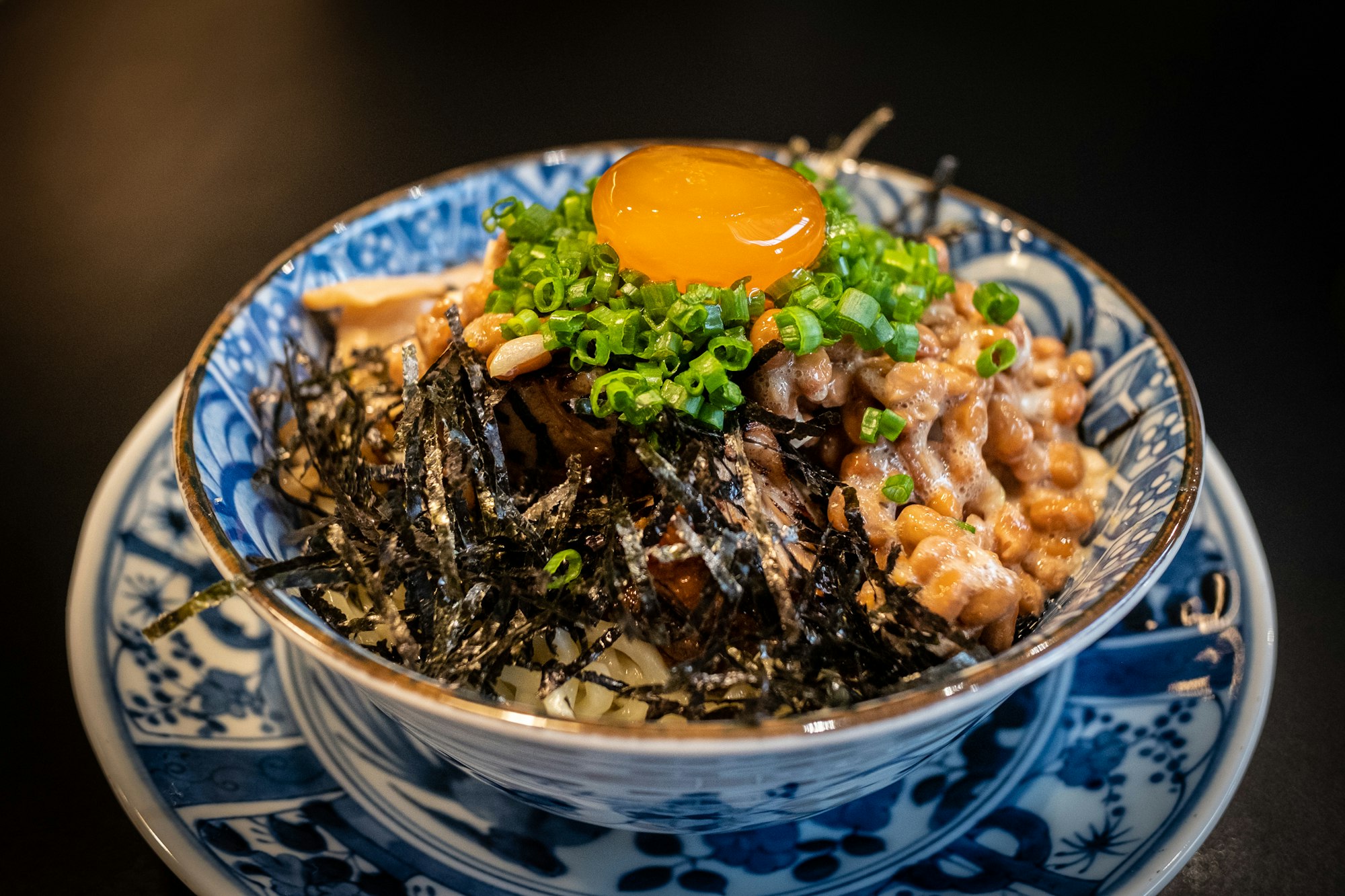
Visit an Ethiopian restaurant and sample some of their delicious fermented injera bread.
The options are endless!
How to Ferment Foods At Home
It’s easy to get started with fermentation. You just need some starter cultures, some mason jars, and you’re good to go.
Some of My Recipes for Fermented Foods
Here are a few of my recipes for fermented foods:
BBQ Natto with Shrimp
Dill Pickles
Kefir
No-Knead Sourdough Bread
Pickled Jalapenos
Salsa
Vanilla Kefir Ice Cream
Water Kefir Soda
Whey & Homemade Cream Cheese
Pin This Post




Comments ()